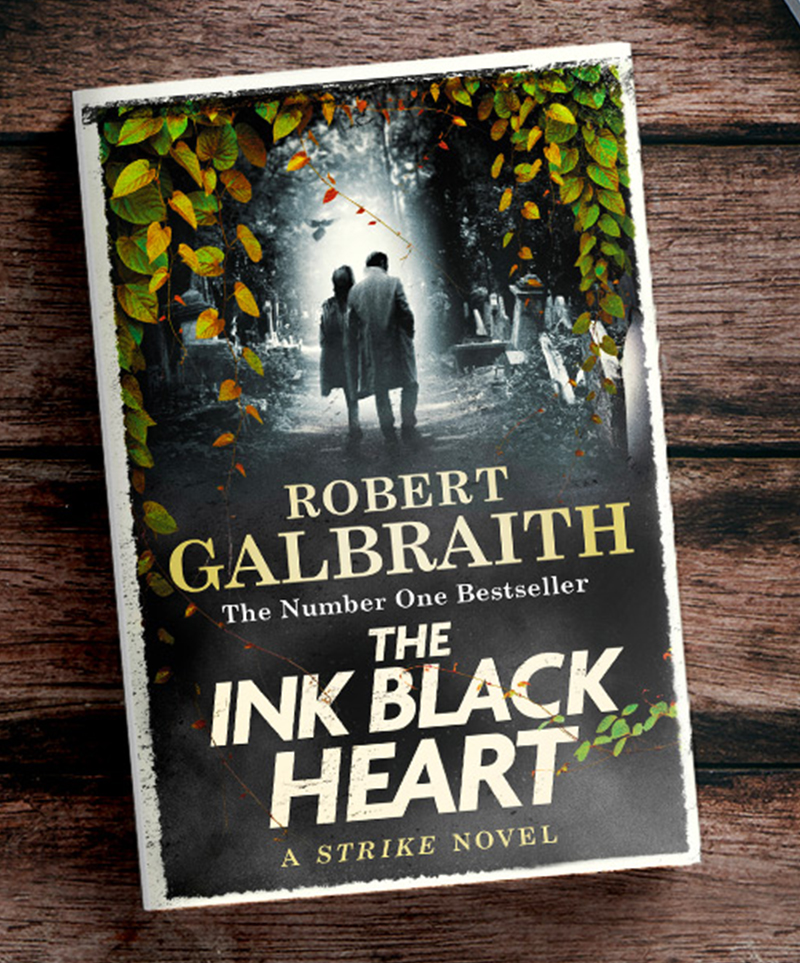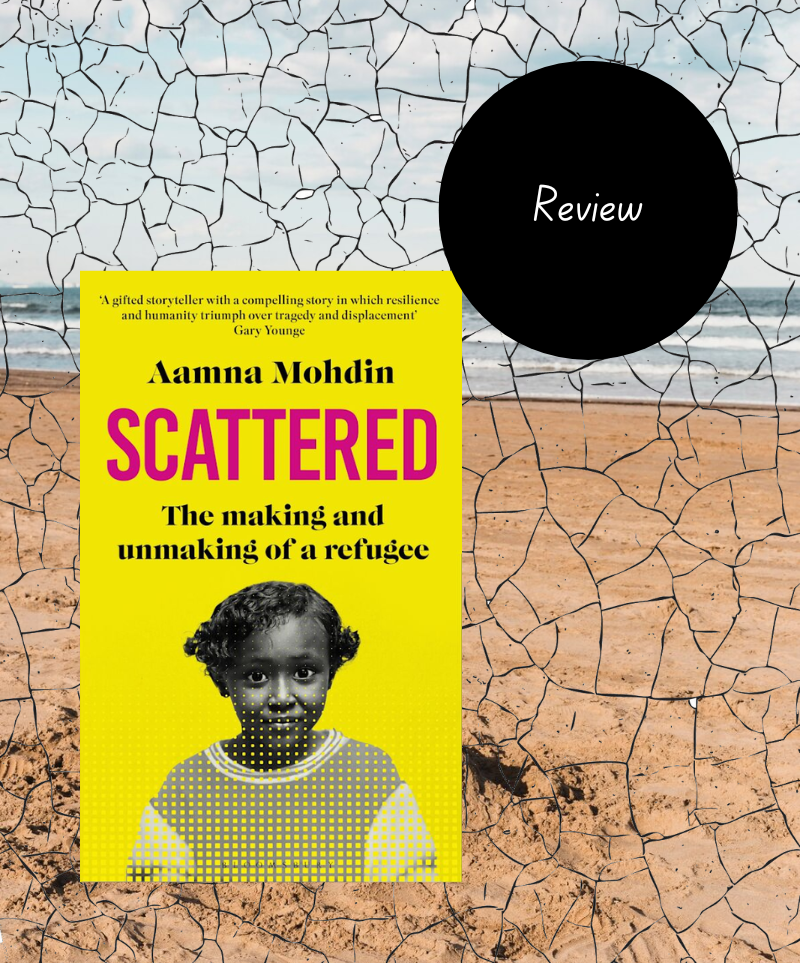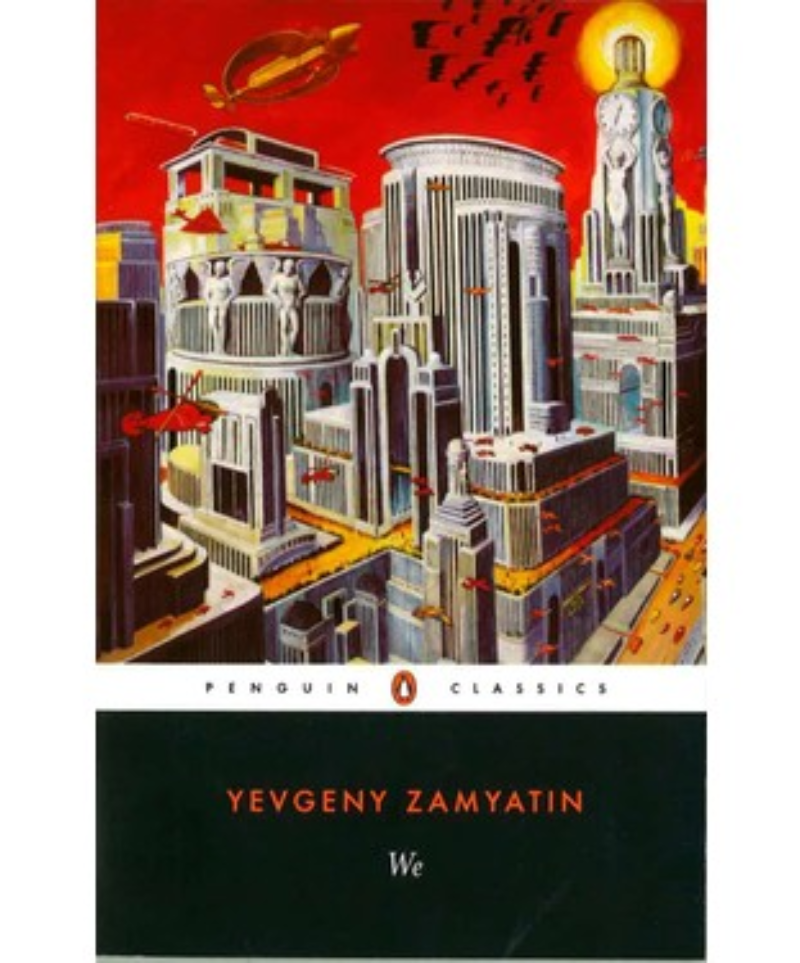The Ink Black Heart by Robert Galbraith

Over 1000 pages makes a long detective story, but Galbraith’s series moved into that direction, starting with the fourth book, which crossed the 700-page threshold. However, despite being very detailed, the narrative manages to keep the reader invested into the story. The secret to it, I’d say, are the two lines of reader’s investigation: firstly, the crime itself and, secondly, the relationship between Strike and Robin. Both follow rather typical story arcs, but the craft and the combination of two create the right pace. I could not wait to get to the end and find who the killer was and in which state we would leave Cormoran and Robin.
The romantic arc, like in the previous books, follows the traditional pattern of obstacles – commitments to different relationship – that keep the heroes apart, while in their hearts they are drawn to each other. The twist here is that the major obstacle is actually the detective agency they run together. It is their passion, their life purpose, and they don’t want to ruin it in case the romance fails. With every book, by baby steps, the romance is taken onto the next level. The realisation of what they mean to each other dawns on Robin and Strike, but their reservations grow as well. The combination of healthy jealousy, inner monologues and attempts to hide/work over their feelings creates an energetic mix, which, however, takes more craft to invigorate by book six, as the relationship basically takes the same pattern novel after novel.
It is hard to say where Galbraith is going to take the relationship from here. But I believe what she managed to achieve for the reader is having the same ambivalence Strike and Robin have towards this love. We want to see them together and yet do we want them to become lovers if it could endanger the agency? Isn’t what they have enough?
The crimes themselves, starting from book 4, always rotate around some social issue on top of the personal motives. In books 1 and 2 Galbraith was showing particular worlds – that of fashion, then a literary one, but the crimes were those of passion, committed by smaller individuals trying to assert and avenge themselves. In book 3, it was Strike’s past catching up with them. Now the crimes talk about harassment, social problems and government failures, bringing to mind J. K. Rowling’s other book – “The Casual Vacancy”. For the second book in a row, Galbraith uses extra discourses. In book 5 it was the diary with occultist inscriptions, here it is the internet discourse of an online game. Often it is presented as two or three parallel dialogues, which makes it more difficult to follow, but it creates a good image of how unhealthy an internet community can be. Galbraith says she wrote this before she suffered from online bullying herself. Whatever it is, I believe it created a perfect background for the crime.
In general, when it comes to investigation, Galbraith does her usual trick of presenting loads of evidence and suspects, and in the end the murderer is not the suspect you thought it would be. However, at times Galbraith’s game of confusing the reader can become a bit tedious for such a voluminous novel. Half of the characters have their suspicions of who the killer is, and at times you start thinking – could it not be resolved faster?
All in all, it is a well-woven if not an extraordinary story. It gives you a tricky investigation and a precarious love story against Galbraith’s traditional detailed UK background. The interchanging story arcs keeps you invested in the novel, and I am definitely curious to see where Strike and Robin are going to go from here. We’ll have to wait for “The Running Grave” to find that out.

Written by inklore
More reviews:
Scattered: The Making and Unmaking of a Refugee by Aamna Mohdin
We choose what makes us, what defines us. But it is never an easy selection. Not when the transitions we make in life are painful or marred. What does it mean to define yourself as a refugee? A Somali? How do you untangle a web of multiple belongings and difficult pasts? In this profound, personal and illuminating story, Aamna Mohdin talks about her own journey, her country and its scattered pieces that were shot across the globe by the war and crisis.
We by Yevgeny Zamyatin
Utopias are believed to be boring, but you definitely can’t say it about this novel.
More reviews & British Fantasy Society
Fancy to read more of my reviews? Find more about me reviewing for the British Fantasy Society.
Full Immersion by Gemma Amor
One of the motivations for me to read “Full Immersion” by Gemma Amor was the title. Yes, I read the blurb of the book eventually, and I understood that “Full immersion” would likely refer to the protagonist’s experience – the technological innovations and experimental treatment she gets.




0 Comments